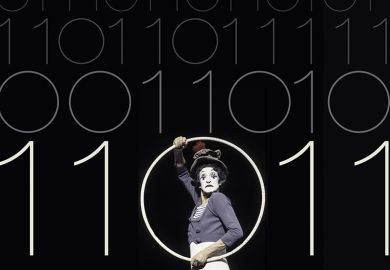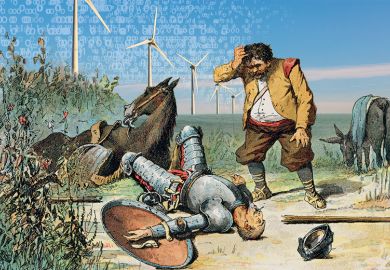To judge from this biography, Nikolai Zabolotsky (1903-1958) was a diffident, reserved and thoroughly professional man who saved his liveliness for his poetry. He made his mark early with Scrolls (1929), a collection of verse distinguished by its pictorial energy and inventive rhyming. A disciple of painter Pavel Filonov, he transposed the matre's colourful and grotesque visions into verbal landscapes of urban life: his realism is fantastic, anti-bourgeois (if not Marxist), and sometimes surreal.
This reflects the tenets of the OBERIU (Ob"edinenie real'nogo iskusstva, Association for Real Art) whose manifesto of 1928 Zabolotsky helped to write, and whose key techniques were unexpected transitions, absurd coincidences, and the fragmentariness and brevity of the montage.
Zabolotsky aimed to free the poetic word from the semantic freight of poetic tradition. Making poetic language strange was a way of rediscovering the world. When measured against the innovation of the Futurists and trans-sense poets like Velimir Khlebnikov, Zabolotsky was far more traditional in diction, prosody and verse-form. Measured against the demands of socialist realism, Zabolotsky remained a nonconformist philosophically and literarily.
A philosophical strain emerged in a second collection that was suppressed at the last moment in 1932. Influenced by the fashionable utopian doctrines and evolutionary theories of Fedorov and Konstantin Tsiolkovsky, in the 1930s, Zabolotsky developed a complex Naturphilosophie in his long poems, most famously "The Triumph of Agriculture" (1933) where the speakers, who are animal, articulate a belief in the union of man and environment.
Although not anti-Soviet, this work was hardly in tune with the usual hymns to Stalin's policy of collectivisation. The penalty was a decade in the Gulag that left him a broken man. What remained of his creative spirit went into translating poetry from Old Russian and Georgian.
Nikita Zabolotsky's biography of his father ably chronicles the poet's rural childhood, the horrors of exile, and Muscovite literary life in the 1950s, keeping a close eye on his artistic development.
The exposition of his thought is somewhat amateurish by comparison with D. Goldstein's Nikolai Zabolotsky: Play for Mortal Stakes. Filial piety can be problematic. Nikita Zabolotsky consistently refers to himself in the third person, presumably to confer a tone of objectivity. But the strategy backfires when he lapses into stream-of-consciousness narration of Zabolotsky's innermost thoughts.
In adducing extensive quotations and recollected conversations is Nikita Zabolotsky basing his book on unpublished archive material, on conversations with his parents, or is it semifictionalised biography? The absence of annotation is regrettable, although an appendix provides some welcome poems in translation.
This is a moving portrait of a writer whose voice echoes in much contemporary Russian verse, including that of Joseph Brodsky and Elena Shvarts.
Andrew Kahn is fellow and tutor in Russian, St Edmund Hall, Oxford.
The Life of Zabolotsky
Author - Nikita Zabolotsky
Editor - R.R. Milner-Gulland
ISBN - 0 7083 1262 4
Publisher - University of Wales Press
Price - £39.95
Pages - 380
Register to continue
Why register?
- Registration is free and only takes a moment
- Once registered, you can read 3 articles a month
- Sign up for our newsletter
Subscribe
Or subscribe for unlimited access to:
- Unlimited access to news, views, insights & reviews
- Digital editions
- Digital access to THE’s university and college rankings analysis
Already registered or a current subscriber? Login



